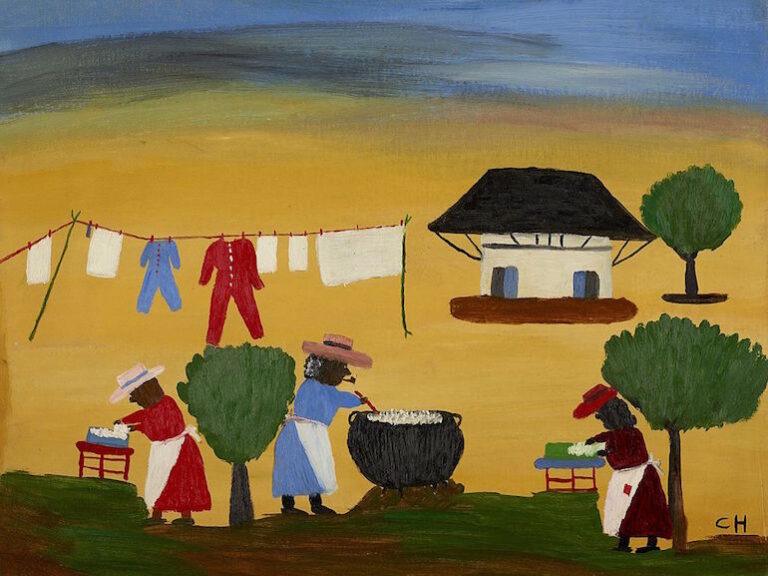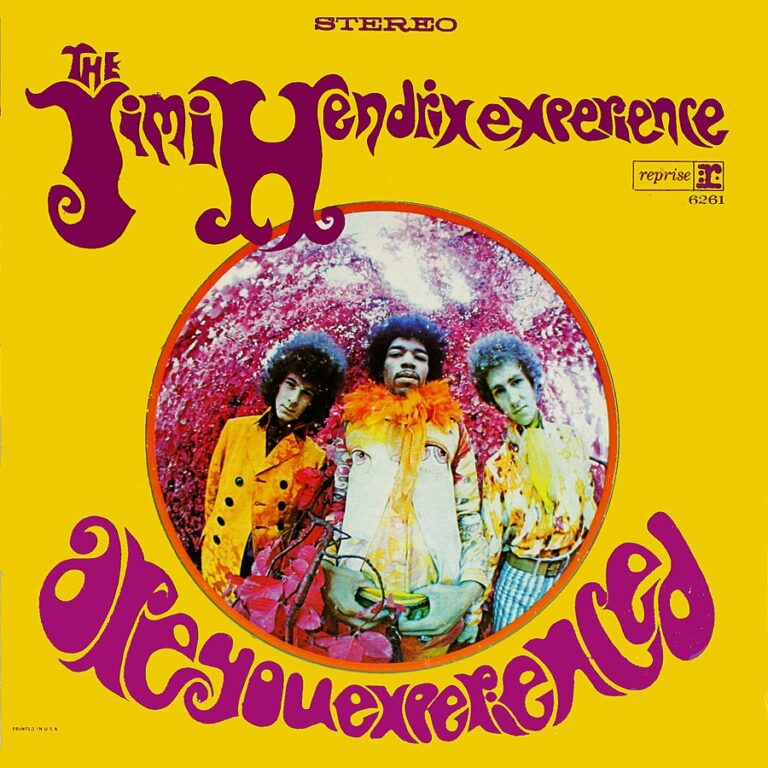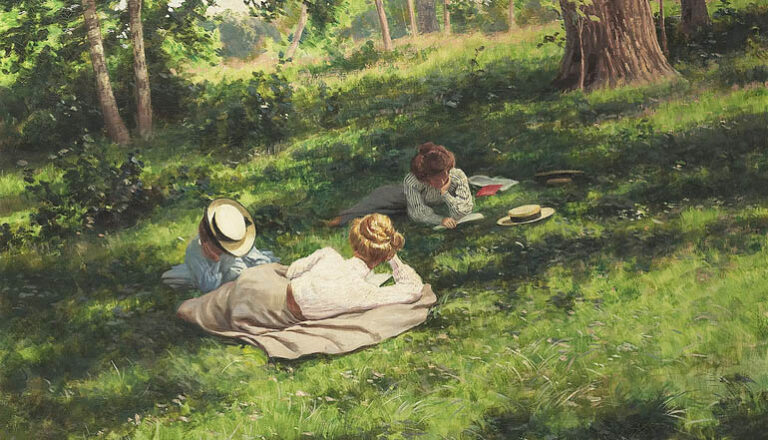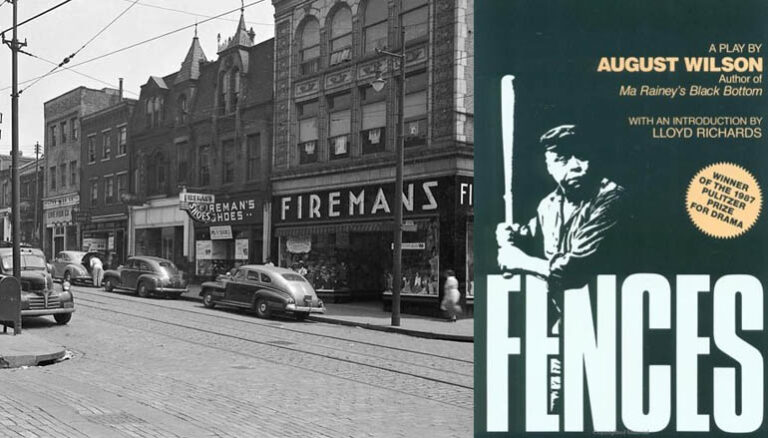Fiction Responding to Fiction: Jamaica Kincaid and Bret Anthony Johnston
Bret Anthony Johnston’s “Boy” is very much an homage as well as a companion piece to Jamaica Kincaid’s “Girl.” The ways in which Johnston chose to mirror Kincaid’s piece show us the gender, class, and race equivalencies. Both Kincaid and Johnston are most interested in gender and the lessons passed from parent to child.








